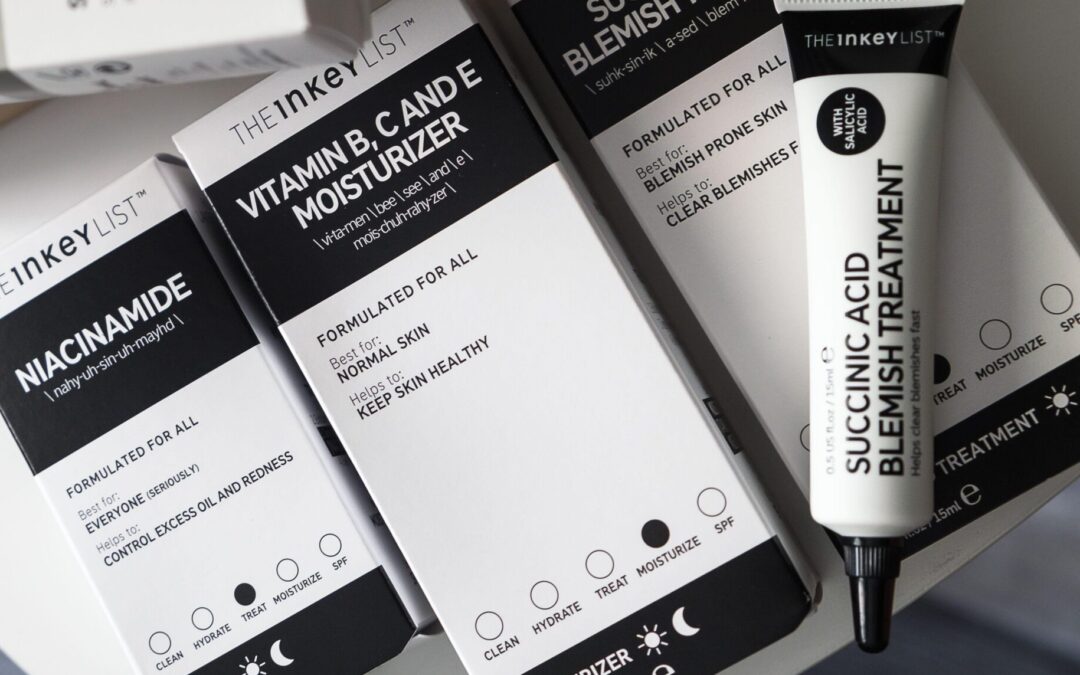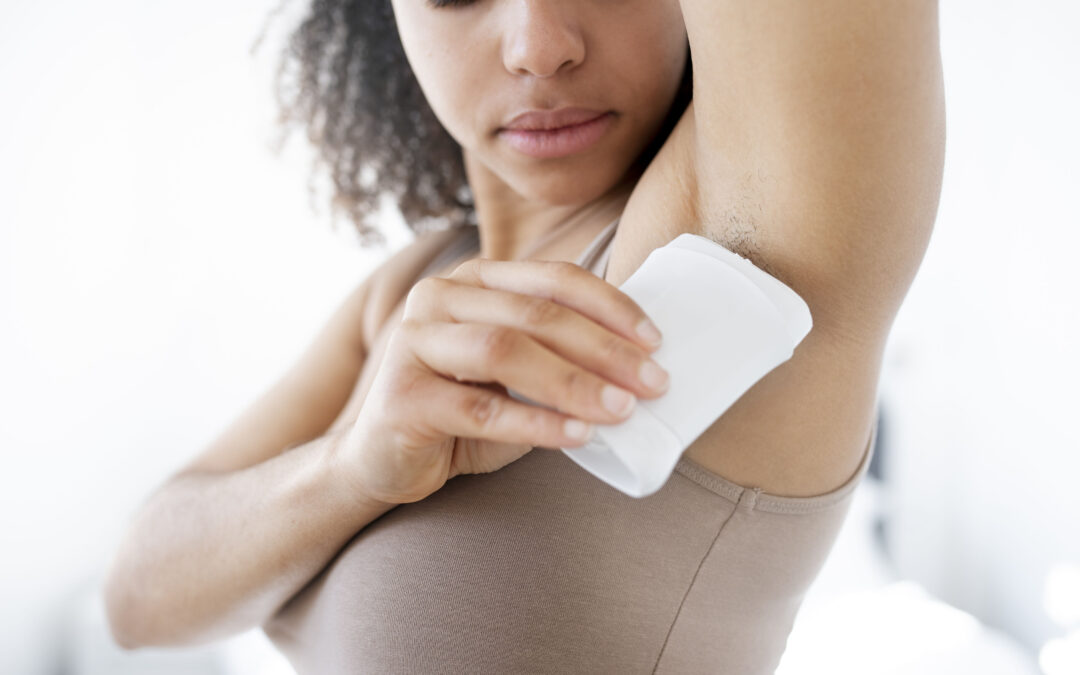Acne scars are an often misunderstood part of acne.
It is not uncommon for people to mistake their still active acne, as acne scarring instead.
You can get atrophic acne scars which are indented, or you can get hypertrophic scars which are raised.
Other forms of acne scarring can be discolouration, or a change in the texture of the skin where you previously had acne, but this isn’t necessarily the same as true scarring.
Some people form acne scars and others don’t, this can be down to genetic factors outside our control, different skin types, the severity of the acne which caused the scarring and whether you had any problems trying not to antagonise it by regularly touching it with your hands.
The good news is that it is perfectly possible for your acne scars to fade or even completely disappear over time, especially if you treat your skin well.
However, if there are no sign of your scars improving, the scars are deep, or they are causing you serious emotional distress, you should consider seeking professional help.
READ MORE: Can’t Escape Acne? Accutane Advice
Some of the most common over-the-counter treatments you may be offered are topical retinoids like Retinol. Products like this can cause dryness and peeling of the skin, so it’s important to start with small amounts and follow the guidance given by your GP and the product’s instructions.
Micro needling, chemical peels, laser therapy, subcision and fillers are all other alternative forms of treatment offered by healthcare professionals, but they range in availability, price and appropriateness depending on type of skin and the kind of scarring.
Of course the best way to preventing acne scarring is to limit the acne you get or have as effectively and quickly as possible, but this is of course a lot easier said than done.
If you’re trying to slowly reduce acne scarring, it’s a good idea to track your progress by taking photos at set intervals, but remember to make sure the photos are taken in the exact same place, with the exact same lighting and from the exact same position if you want them to be as meaningful as possible.
Don’t expect too much change over too short a period of time or you’re setting yourself up for disappointment, set yourself realistic expectations and don’t be too hard on yourself.
It is possible to improve or heal your acne scars if you are patient and consistent with the steps you take, do not seek perfection and instead focussing on gradual improvement.
This article is not medical advice. Before trying any of these methods you should do your own research or see a doctor or health professional to get advice specific to you and your skin.
For more information on acne scarring, you can view this page on the NHS website.



